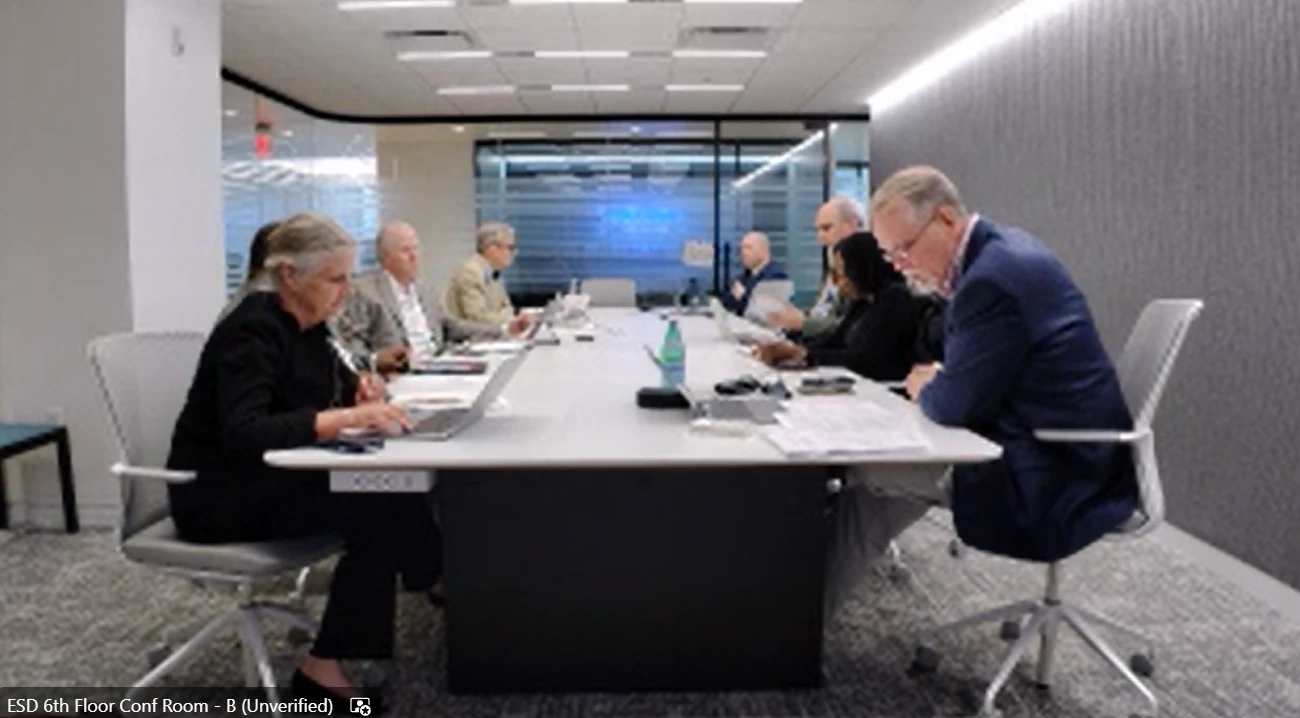New York board finalises licence fee, capital minimum for downstate casino bids

In a meeting that lasted less than 10 minutes on Monday, the New York State Gaming Commission’s Gaming Facility Location Board finalised two significant details for three available downstate casino licences.
The board voted unanimously to approve a $500 million licence fee as well as a $500 million minimum capital investment. Bids will be due by 27 June and the commission will award licences by the end of the year.
There are several other steps applicants will have to navigate. For example, all entitlement processes such as zoning and environmental reviews must be completed by 30 September. Zoning issues in particular have created a time crunch this month, as most of those cases have tight windows.
Bally’s Corp secured rezoning approval for its Bronx bid from both the New York City Council and the state legislature last week. The Coney proposal from Thor Equities and other partners on Coney Island still needs de-mapping approval and a vote on that that won’t come until 19 June at the earliest. All three Manhattan bids are undergoing environmental reviews.
Community response will prove vital
So far, the various New York bidders have spent considerable time fulfilling the necessary obligations related to the process. This includes garnering community support and endorsements in addition to all requisite approvals. Once the official bids are finalised, the process will in essence begin again.
Every bid that is submitted will have a community advisory committee assigned to it. Per the NYSGC, these CACs “will be created to review the application, gauge local support and ultimately issue a finding determining whether there is adequate support for the proposed project.” Each CAC will host multiple meetings garnering feedback and each will hold a binding vote on whether a bid can continue, with the threshold for approval a two-thirds majority.
The makeup of each CAC will depend on whether a bid is located inside of New York City or out of it. For those inside the city, each CAC will consist of Governor Kathy Hochul, NYC Mayor Eric Adams and the applicable state senator, assembly member, borough president and city council member.
As of now, only the proposal by MGM Empire City in Yonkers is outside of the city. MGM and any other such bidders will have a CAC consisting of Hochul and the applicable county executive, state senator, assembly member and the locality’s senior elected official. For cities, that is the mayor; towns would be the town supervisor; and villages would be fulfilled jointly by the village mayor and town supervisor.
Competitive tax bidding?
CACs must hold their respective binding votes by 30 September. Bidders receiving their approval will then pay a $1 million application fee and submit all previous materials to the facility location board, which will embark on its own review process. Notably, the tax rate will be negotiated as part of the bidding process.
The commission states that an applicant “may propose a tax rate on gross gaming revenue as part of its application, so long as the tax rate is at least 25% for slot gross gaming revenue and 10% for gross gaming revenue from all other sources”.
There are four primary categories the board will review: economic development, local impact siting, workforce enhancement and diversity frameworks. Economic development will constitute 70% of the consideration, with the other three categories representing 10% each. Selections must be made by 1 December.
Selections made by the board will then be considered once more for a final ruling by the commission. Three licences are available, but the commission has discretion to issue fewer, or none.
Push and pull
With the financial requirements now set, New York will look to toe a fine line of capitalising on casinos’ economic value while maintaining an attractive business environment. The minimum investment is somewhat low, in that all proposals easily clear the bar. But the $500 million licence fee is steep, especially as any development except for the existing racinos would require time before they could begin operating.
That is perhaps the chief reason why the racinos have been presumed from the start to be frontrunners for two of the licences. The state could theoretically bring in $1 billion right now by approving those bids, something that Yonkers Mayor Mike Spano has urged.
The open-ended tax rate is indicative of a desire for a rate well above the 25% slot and 10% table minimums. New York hosts the largest online sports betting market by handle, but its 51% tax rate is tied for tops in the country. The future downstate casinos, meanwhile, will have ample competition, most notably from nearby Atlantic City as well as New York’s upstate commercial and tribal casinos.
The possibility of future online casino legalisation is also a major factor. Despite the fact that it is not currently legal in New York, there is a good chance it will be eventually. In New Jersey, iGaming revenue has skyrocketed while casino revenue has stagnated or declined in some cases. This fear of land-based revenue cannibalisation was cited by both Las Vegas Sands and Wynn Resorts in dropping plans to bid for a casino licence.
